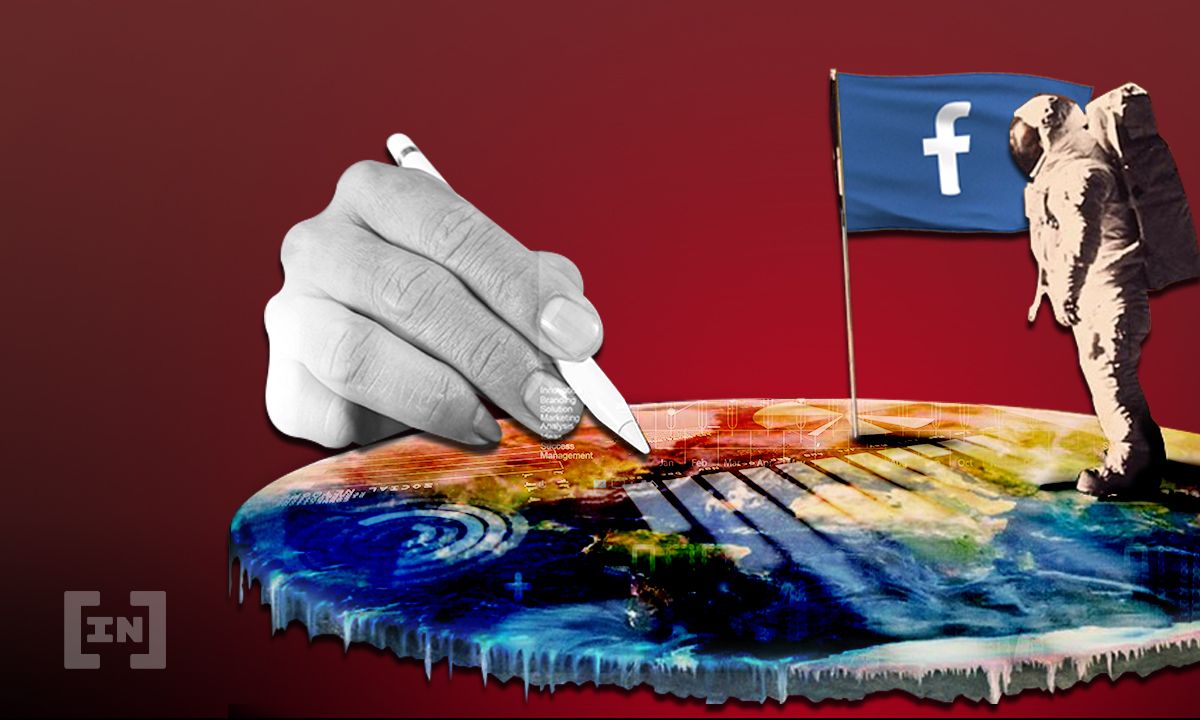Facebook’s recent outage, whereby the technology giant and its sister social networks, WhatsApp and Instagram, went offline for six hours, confirms the downside of centralization. Bitcoin’s peer-to-peer network favorably compares as it makes the oldest and most decentralized cryptocurrency immune to outages.
In a blog post, Facebook CEO Mark Zuckerberg blamed the outage on an internal technical issue caused by a command made by its engineers during routine maintenance. The downtime reportedly cost Zuckerberg $7 billion in personal losses and billions more for businesses that rely on the company’s social networks to connect with customers.
Now, the limits of centralization have equally plagued cryptocurrencies such as ethereum, solana, avalanche, grin, and IOTA in recent times. All have experienced outages because they are centralized. Ethereum has been down thrice over the last 12 months, a magnitude much longer than Facebook. Bitcoin (BTC), arguably the most decentralized asset, has avoided all of these problems, largely owing to its decentralization.
“Crypto is garbage…,” tweeted analyst Crown #Bitcoin, who uses the handle @barackomaba on Twitter. “There were actually several massive scale DDoS attacks against major lightning network companies and nodes recently. Most people didn’t notice. It’s a little thing called decentralization. Bitcoin is decentralized, crypto is not,” he added.
Mike Dickens, operations manager at non-fungible token ecosystem Blockasset, explained in an interview with Beincrypto.com that bitcoin’s decentralization has increased in proportion with the time that it has been in operation. “Bitcoin is the most established and long-running network, as more miners and nodes have joined the network over time it has become more and more decentralized,” he said.
“Anyone can set up a bitcoin node, so outages or shutdowns are not possible, simply due to the huge decentralized nature of the blockchain. However, decentralization comes with time,” he emphasized. In the 12 years that bitcoin has been around, its peer-to-peer format has progressively built collective security into the network.
Facebook has been around five years longer than bitcoin but has tended towards greater centralization, as whistleblowers and activists occasionally charge.
According to Dickens, younger networks like solana are disadvantaged by their infancy, but will progress. “Solana’s recent crash was caused by a bug that enabled a third-party attack. Many forget that solana, still in its infancy, is going through a phase of rapid growth, whilst ethereum is going through some huge changes to increase its scalability,” he stated.
Too much power in too few hands
In August this year, ethereum’s blockchain split in two from a bug in a previous version of the chain’s main node software, known as Geth. Around 50% of ethereum nodes were running a two-way split chain with outdated and bugged software that could result in double-spends.
Whereas Facebook is a classic case of so much being entrusted to so few, Dickens insisted that younger cryptocurrencies are not centralized in the same way that social media hegemons like Facebook are centralized.
“I don’t think it’s fair to say ethereum and solana are centralized. The Solana Foundation or Ethereum Foundation cannot shutdown their networks and disconnect a node,” he protested. “These issues aren’t overly frequent either, with millions of users on both ETH and SOL having proved incredibly capable of staying online despite the huge amounts of pressure on both networks.”
Paolo Ardoino, CTO at Tether, issuers of the eponymous tether (USDT) stablecoin, a centralized asset, admitted in Sept. 3 tweet that: “…#bitcoin is the only blockchain node that never have problems (sic). All the others (that have a meaningful usage) have issues at least once per month…”
Facebook lost billions of dollars during the six hours that it was down, and so did advertisers who rely on it for visibility. Crypto investors are also negatively impacted by outages in the sector. Dickens, however, said that crypto networks should not be made to compensate losses in the event of an outage.
“Outages can, of course cause FUD, but the outages, although infrequent, come as a byproduct of growth, and should be expected going forward. Anyone that holds a cryptocurrency knows the risks associated with holding a volatile asset; compensation would set a dangerous precedent,” he cautioned.
What do you think about this subject? Write to us and tell us!
Disclaimer
In adherence to the Trust Project guidelines, BeInCrypto is committed to unbiased, transparent reporting. This news article aims to provide accurate, timely information. However, readers are advised to verify facts independently and consult with a professional before making any decisions based on this content. Please note that our Terms and Conditions, Privacy Policy, and Disclaimers have been updated.

